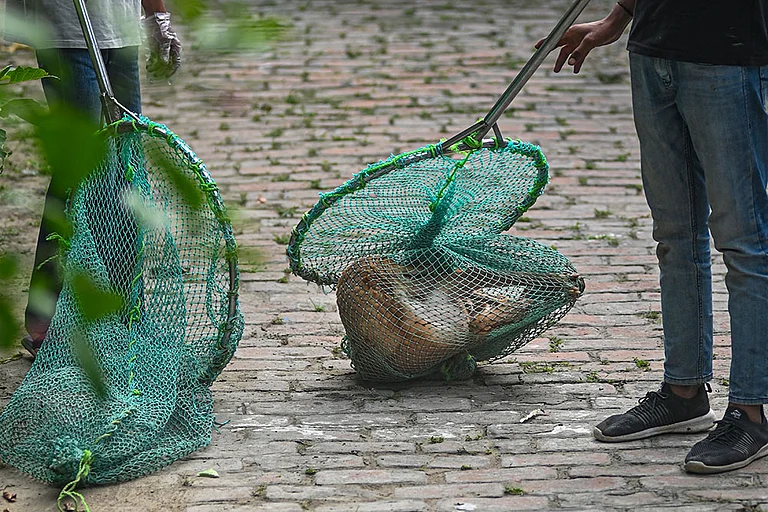Scientists recently unearthed a fascinating fossil in Colorado: Militocodon lydae. This little creature, about the size of a rat, up to 455 grams or 16 ounces, might be the long-lost ancestor of all hoofed animals like cows, pigs, and deer!
This creature roamed the Earth approximately 65 million years ago, emerging shortly after the extinction event that wiped out the dinosaurs. Its existence has been pieced together from remnants of a skull and jawbone retrieved from the Corral Bluffs, a fossil-rich site nestled in Colorado.
Nicknamed "M. lydae," the discovery of this diminutive mammal fills gaps in our knowledge of early mammals belonging to the Periptychidae family that took hold after the dinosaurs vanished. Researchers analyzed a partial skull and jawbone to place M. lydae on the evolutionary tree.
"The discovery and thorough descriptions and comparisons of the partial M. lydae skull represent an important step toward unraveling the complex evolutionary history of periptychid mammals," paleontologist Lucas Weaver of Kent State University in Ohio and colleagues write in their published paper.
What makes M. lydae special is its teeth. Unlike grinding teeth, M. lydae's teeth were built for shearing and crushing. This suggests it's an early relative of our familiar farm animals.
However, scientists need more M. lydae fossils to confirm their theory. The Corral Bluffs site in Colorado, where this fossil was found, might hold more clues. This period, following the dinosaur extinction, is known for limited fossils, making M. lydae even more valuable.
"Each fossil helps us refine the picture of how life evolved on Earth," explains lead researcher Tyler Lyson. This discovery sheds light on a period of rapid diversification for mammals, especially after the dinosaurs disappeared.
The research is published in the Journal of Mammalian Evolution.




























